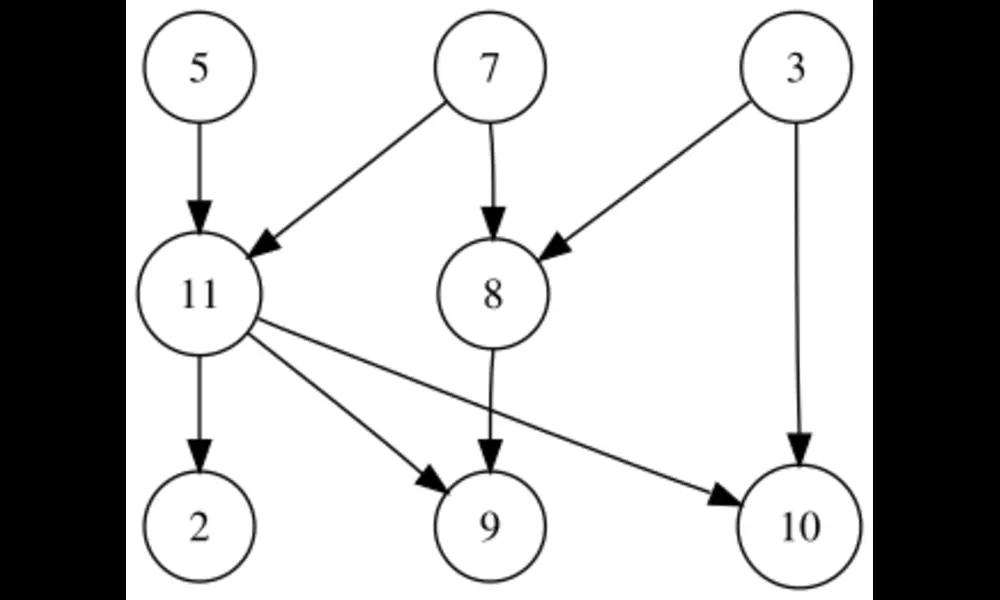Nicotine Could Be Intestinal Cancer Risk Factor
Published on Wed Jan 03 2024 Vaping Man With Electronic Cigarette / E Cig / Vapouriser | ecigclick.co.uk
Vaping Man With Electronic Cigarette / E Cig / Vapouriser | ecigclick.co.ukA groundbreaking study from the University of Tokyo suggests that nicotine, the addictive component in cigarette smoke, may be more sinister than previously thought. While nicotine has long been associated with addiction, new evidence has emerged indicating that it also enhances the growth and malignancy of intestinal stem cells, potentially aiding the development of intestinal tumors. This study, which has yet to undergo peer review and was posted on the bioRxiv preprint server, implicates nicotine in the activation of key cellular pathways in stem cells, fostering conditions that could increase the risk of cancer in the intestines.
The researchers discovered that nicotine heightens the stemness characteristics of intestinal stem cells (ISCs) via activation of the Hippo-YAP/TAZ and Notch signaling pathways. The Hippo-YAP/TAZ pathway is known for regulating organ size and tissue regeneration, while the Notch pathway contributes to cellular differentiation and proliferation. Nicotine appears to bind to specific receptors on intestinal stem cells, unleashing a chain reaction that promotes both the number and proliferative capability of these cells.
This finding is particularly alarming given that these ISCs often form the root of precancerous adenomas, or polyps, which are common precursors to colon cancer. The keyword here is tumorigenicity – nicotine doesn't just make these cells grow faster; it seems to make them grow in a way that predisposes to malignancy. What's more, nicotine's effects on ISCs were observed in both laboratory cultures and living animal models, suggesting the findings may hold true in humans as well.
The study also offers a glimmer of hope for counteracting these harmful effects. By inhibiting the Notch signaling pathway with a compound known as dibenzazepine (DBZ), researchers could nullify the pro-tumorigenic effects of nicotine on ISCs in mice. This suggests that strategies targeting this pathway could become a potential therapeutic direction for treating intestinal tumors, especially those arising from smoking-related origins.
The revelations expand our understanding of the negative impacts of smoking beyond the lungs and into the gut. It underscores the complexity of nicotine as a biological molecule – not only does it reinforce addiction in the brain, but it may also quietly facilitate cancer growth in the bowels.
The University of Tokyo team's findings could direct future research towards identifying more nuanced and targeted approaches to prevent and treat cancer, particularly in smokers or those exposed to second-hand smoke. It also adds a new dimension to the already serious public health warnings against smoking, highlighting the importance of continued anti-smoking campaigns and smoking cessation programs.



